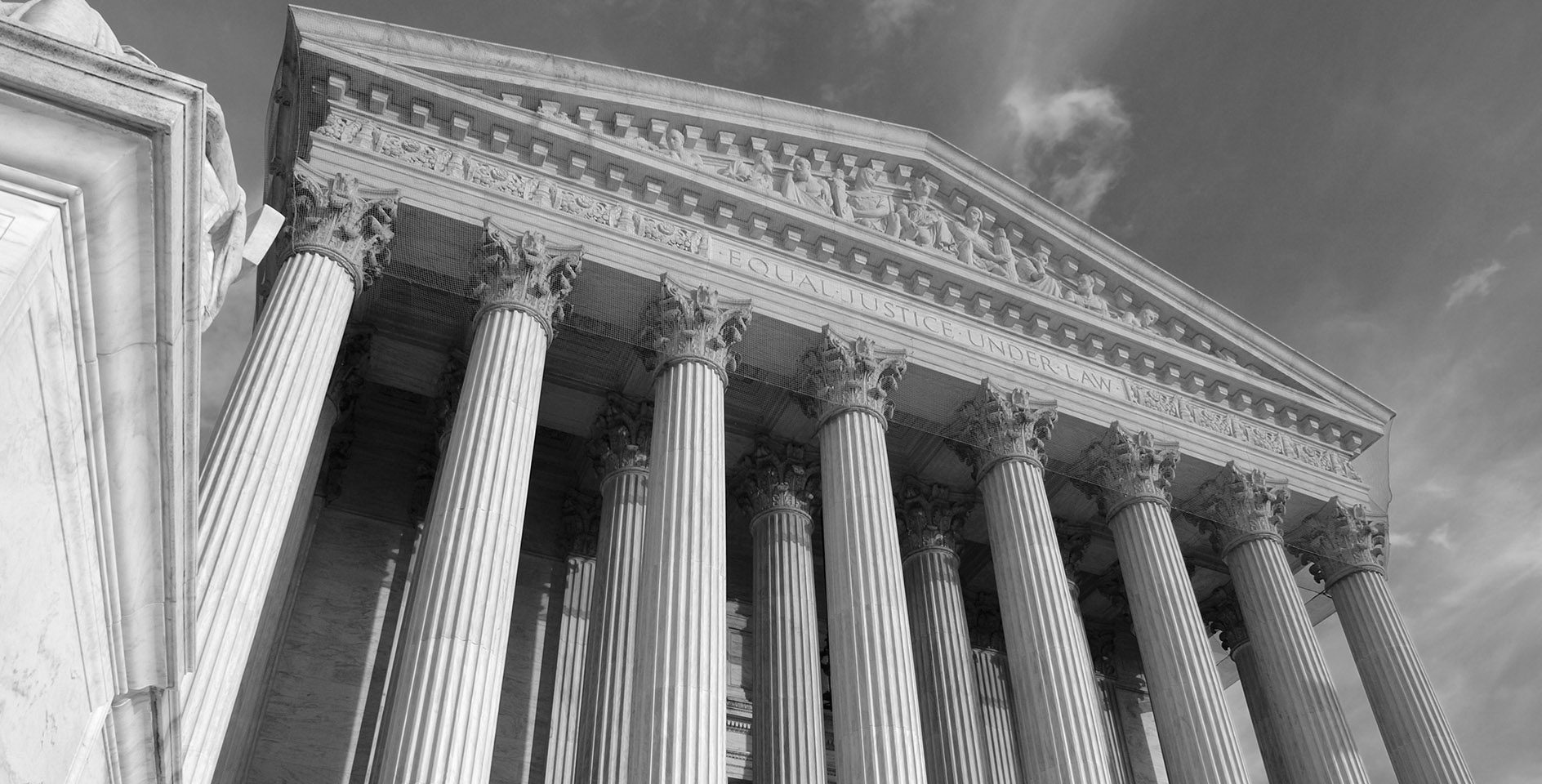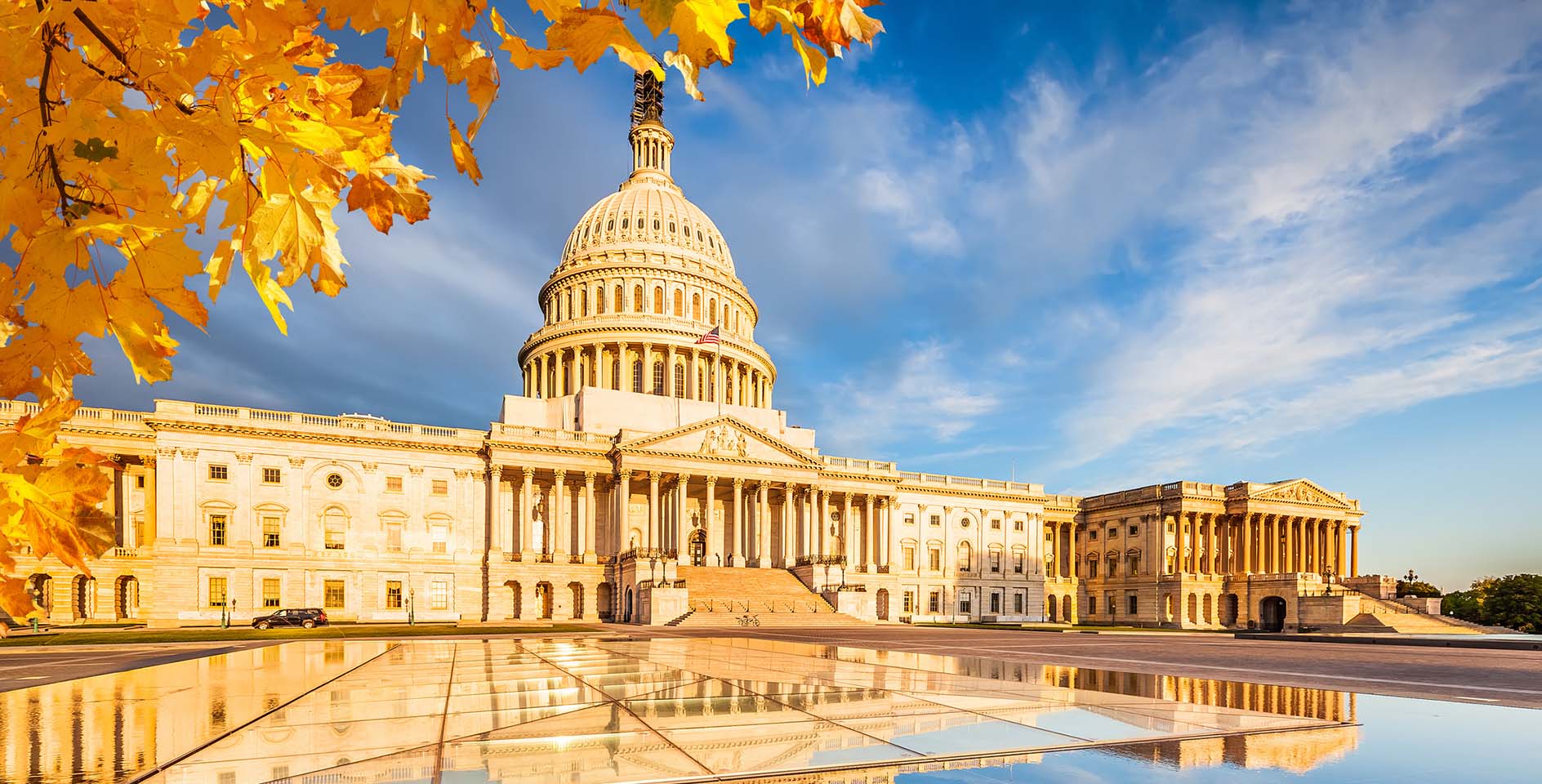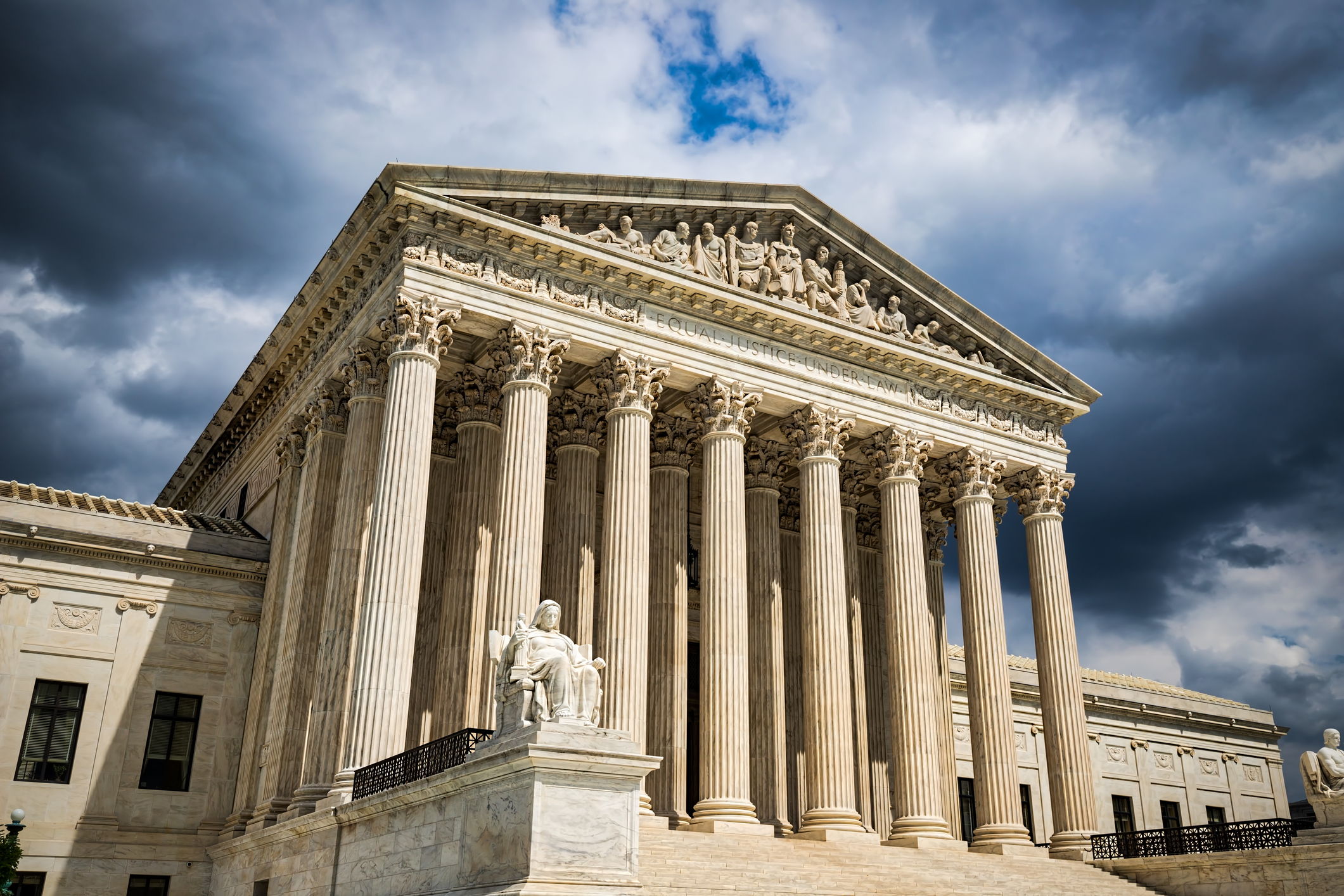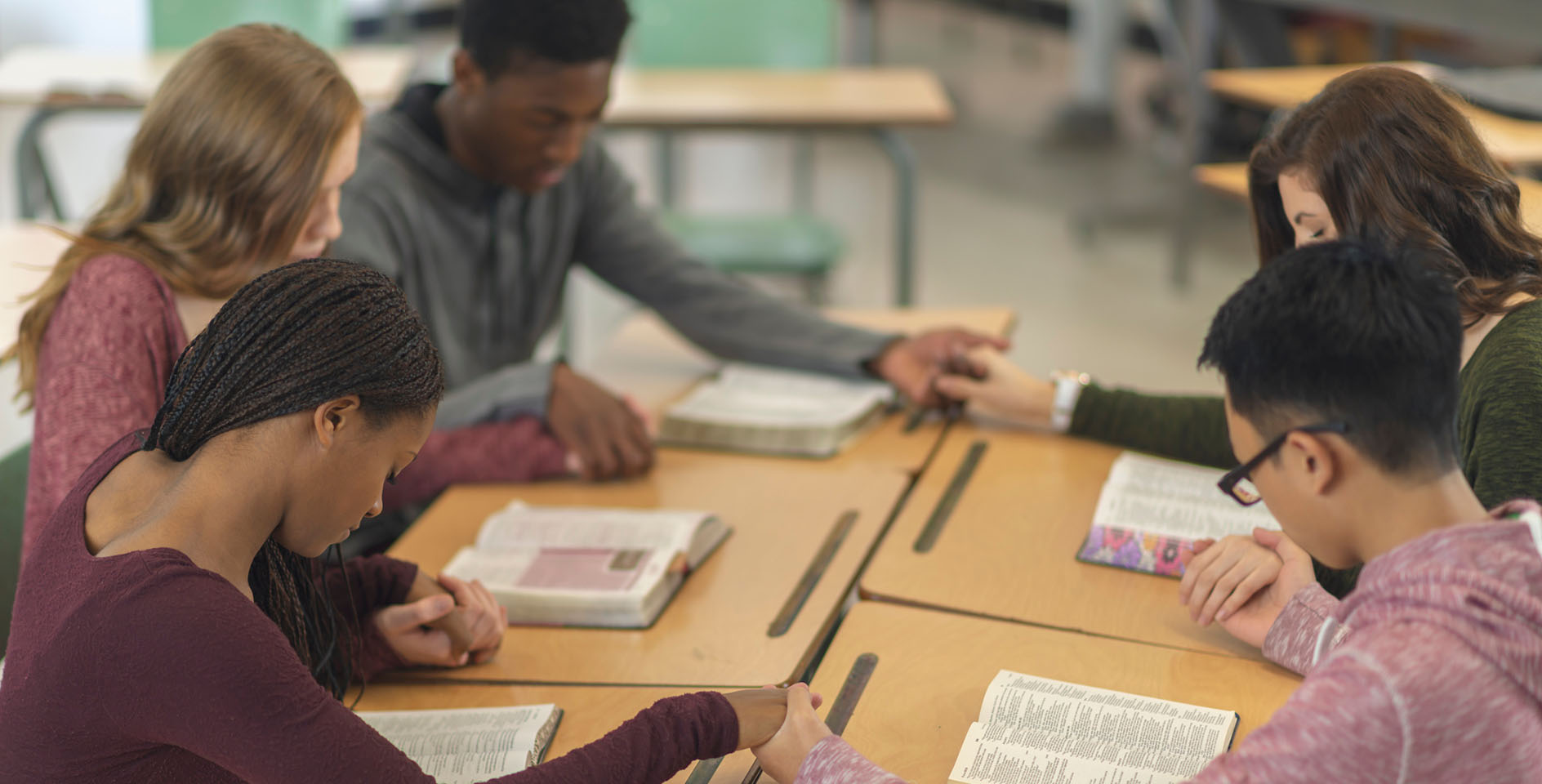In 2012, Michelle Obama told a conference of the African Methodist Episcopal Church,
Our faith journey isn't just about showing up on Sunday for a good sermon and good music and a good meal. It's about what we do Monday through Saturday as well, especially in those quiet moments, when the spotlight's not on us, and we're making those daily choices about how to live our lives. We see that in the life of Jesus Christ. Jesus didn't limit his ministry to the four walls of the church. He was out there fighting injustice and speaking truth to power every single day. He was out there spreading a message of grace and redemption to the least, the last, and the lost. And our charge is to find Him everywhere, every day by how we live our lives.
Michelle Obama’s sentiment here aligns with Christian, Jewish, and Muslim teachers who all “emphasize that one’s faith should be fully integrated in every aspect of one’s life,” as the ERLC and other faith leaders argued in a legal brief submitted this month to the Supreme Court.
The Ethics and Religious Liberty Commission joined other Baptist, Christian, Jewish, and Muslim denominational entities, colleges and universities, legal associations, and individuals to file an amicus brief at the Supreme Court of the United States in a landmark religious liberty case being heard this term, Masterpiece Cakeshop v. Colorado Civil Rights Commission.
Amicus briefs, also called friend-of-the-court briefs, provide individuals and organizations the opportunity to weigh in on court cases that affect their rights under the law.
The facts of the case are simple: Jack Phillips is a Christian baker in Colorado whose faith motivates every aspect of how he operates his business. One day, two men came to his bakery and asked him to design a wedding cake for a same-sex ceremony. After politely declining the request, Jack offered to make the couple any other baked good or sell them a pre-made cake.
The couple filed a complaint with the Colorado Civil Rights Commission. Even though Jack argued that he has served people of all sexual orientations for years and merely objects to using his artistic expression for same-sex wedding celebrations, the Commission said that his work was not protected by the First Amendment.
The Supreme Court of the United States has agreed to hear the case.
The arguments we made in our brief focus on three primary legal arguments.
First, the First Amendment’s Free Exercise of Religion clause protects Americans’ rights to allow their faith to impact everything they do. In other words, the freedom of religion is not merely a freedom to worship, but also the freedom to practice your faith – at home, in public, and in the workplace.
Second, the lower court decisions punishing Jack Phillips create a religious test for cake artists. For hundreds of years, religious tests for occupations have been unconstitutional because they persecute people of faith, often minorities. In fact, even people of no faith should be concerned about this because religious tests have historically been used to target them as well.
For example, as our brief points out, a law requiring all convenience stores to sell alcohol would operate as a religious test excluding Muslim and Mormon owners, and a law requiring all butchers to do custom butchering including pork products would exclude Jewish butchers.
Third, our brief argues that the Court should side with Jack Phillips to discourage a growing trend toward imposing religious tests on the pursuit of artistic occupations such as bakers, photographers, and others.
There are many falsehoods being spread about this case and the implications. This case is not about discrimination and it’s only tangentially about marriage and its various definitions.
This is about the fundamental First Amendment freedoms of religion and expression. This is about pluralism and living together despite our differences. And as our brief says, “this case does not involve the bare refusal to serve a customer because of his protected status. … [T]here are no cases in the country where a wedding vendor has sued or been sued to defend a bare refusal to serve LGBT customers.”
Former Obama Administration White House speechwriter Jon Lovett supported this argument when he tweeted, “Forcing someone to make a specific creative work is wrong. We can protect against discrimination w/o endorsing this.”
Next week, on December 5th, the Supreme Court will hear oral arguments for this case. Join us in prayer for Jack and his attorneys, the justices of the Supreme Court, and religious freedom.
The Supreme Court has the opportunity to defend religious liberty, a fundamental freedom our country was built upon that protects not only people of all faiths, but also people of no faith at all. This protection for each of our consciences against government coercion, safeguarding our freedom of expression, is vital to all of us, no matter what we believe on an array of hot-button topics.









